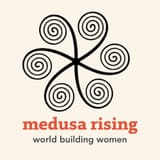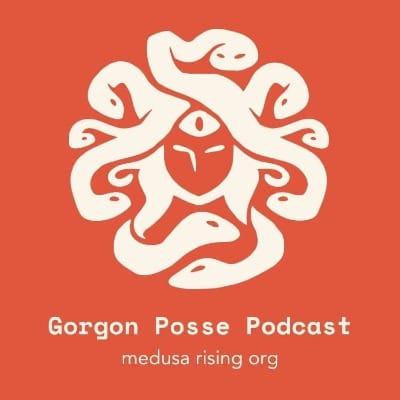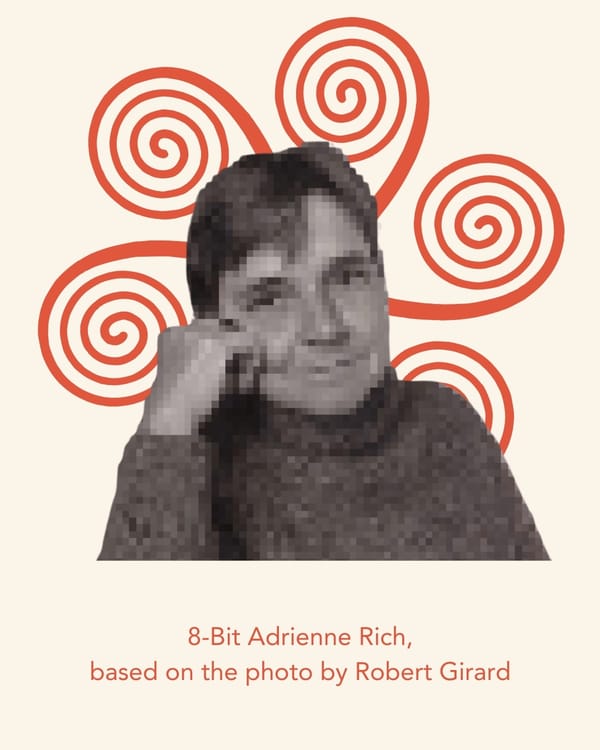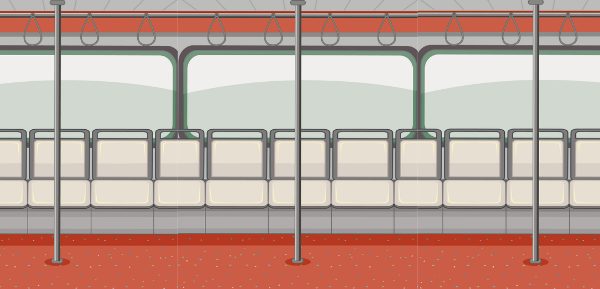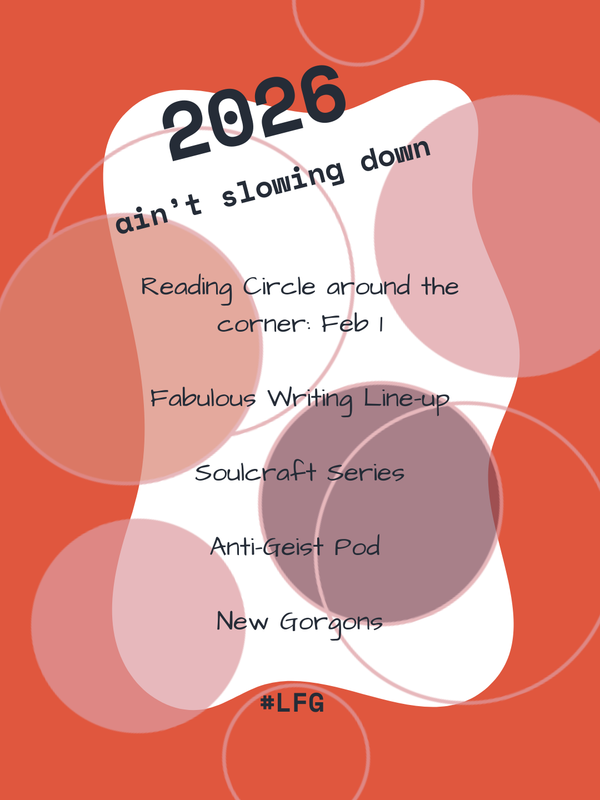How the First People Came to Ireland | by Linda Rosewood
People lived around the Lake at the Center of the World for thousands of years.
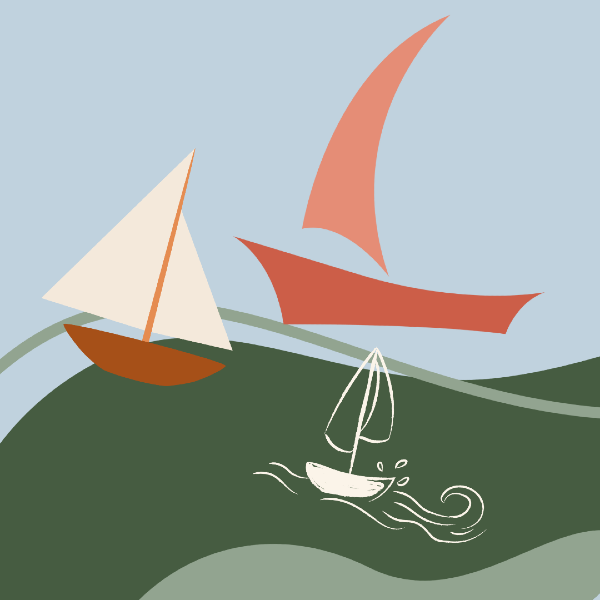
Many nations tell themselves that they came to their home place from out of the earth. Irish mythology lacks this sort of creation myth, but begins Ireland’s story with a tale of how people living near the Black Sea came to the Ireland as refugees of Noah’s flood. The story of Cessair and her three ships has long attracted me for its cast of female characters. This is my retelling.
Once there was a Lake at the Center of the World.
Around the Lake lived people who never knew hunger or war. The Lake and the fertile shore provided everything the people needed.
They gathered fish from weirs and seeds from the grasses. The animals of the barnyard gave them milk, wool, and hide.
Around the lake were three villages named Banba, Fódla, and Ériu. The women of these villages lived exactly like their neighbors, gathering fish from weirs and seeds from the grasses. The animals of the barnyard gave them milk, wool, and hide. But they did not choose husbands, and the women lived together without male supervision. They had a word for women living together without men, a word that we do not remember.
People lived around the Lake at the Center of the World for thousands of years.
One day, the lake water lost its sweetness, and day by day the water rose. Shoals of dead fish rotted on the beach. Grain wilted to the roots along the shore. Orchards flooded, grain stored in cool caves under the earth molded.
The people of the Lake at the Center of the World knew hunger for the first time. They needed a story to explain this calamity and so told themselves they had sinned, and brought it upon themselves. But they did not know what the sin was.
They only knew that they must leave the lake of their ancestors and find a new land where they could live in peace as before.
Although starved and sorrowful, they worked to build great ships, and filled them with seeds and the animals of the barn yard. They would sail across the lake to the rivers, find new lands and restore their peaceful life. As they toiled, heartsick and mind-muddled, they argued, they blamed, and for the first time, they stole and hoarded food. They no longer lived in peace, but feared the ghosts of the ancestors they would leave behind, and feared for their children who would live in a new and unknown land.
When the women of Banba, Fódla, and Ériu attempted join the exodus, the people’s heartsickness and mind-muddle formed a lie that poisoned them forever.
